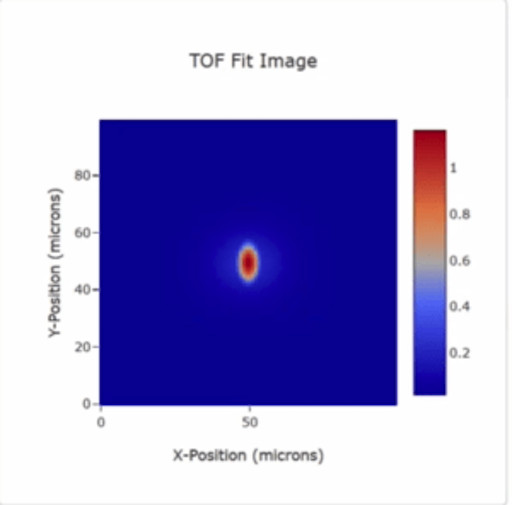
ColdQuanta, the quantum atomics company, today announced “Albert,” its quantum matter system on the cloud. With Albert, users can explore fundamental quantum phenomena such as tunneling and superposition by generating, manipulating, and experimenting with ultracold matter. ColdQuanta has provided similar technology for the Cold Atom Laboratory on the International Space Station. This technology can also underlie a broad range of new quantum technologies for computing, timekeeping, navigation, radiofrequency sensing, signal processing, and communications.
Albert lets users cool atoms to near absolute zero, creating a state of matter where quantum-mechanical behavior comes into play on a large scale. Users can control, study, and even photograph the wavefunction of a quantum cloud of atoms. Albert provides an unprecedented opportunity to control and observe behavior such as matterwave interference, tunneling, and other uniquely quantum phenomena in an atomic ensemble they create.
An Early Access program, consisting of up to 100 users in the U.S. and Europe, will begin immediately. Those interested can request an account via the ColdQuanta website. On Thursday, October 22, ColdQuanta is hosting a webinar “Quantum Matter Systems at Work Today”, which will include a demo of Albert. Those interested can register here.
“In this time when many university labs are closed or only partially open, Albert provides a world-class, remotely accessible Atomic, Molecular, Optical (AMO) physics lab on the cloud,” said Dana Anderson, founder and CTO of ColdQuanta. “This will accelerate research, education, and practical understanding of quantum physics and ultracold matter, crucial for the development of many groundbreaking quantum technologies.”
Albert’s future capabilities will enable quantum-aided design for quantum sensors and signal processors. Such devices will be used for entirely new families of quantum products like Quantum Positioning Systems (QPS) or Quantum Signal Processing (QSP).
Bo Ewald, CEO of ColdQuanta, added, “Quantum technologies will provide an unprecedented level of performance, security, privacy, and computational speed to address the world’s most challenging technological problems. Enabling more people to get hands-on experience with quantum atomics through access to Albert will accelerate the learning curve of a new generation of quantum pioneers.”
Albert was developed in collaboration with the CUbit Quantum Initiative at the The University of Colorado, Boulder.
Albert lets users cool atoms to near absolute zero, creating a state of matter where quantum-mechanical behavior comes into play on a large scale. Users can control, study, and even photograph the wavefunction of a quantum cloud of atoms. Albert provides an unprecedented opportunity to control and observe behavior such as matterwave interference, tunneling, and other uniquely quantum phenomena in an atomic ensemble they create.
An Early Access program, consisting of up to 100 users in the U.S. and Europe, will begin immediately. Those interested can request an account via the ColdQuanta website. On Thursday, October 22, ColdQuanta is hosting a webinar “Quantum Matter Systems at Work Today”, which will include a demo of Albert. Those interested can register here.
“In this time when many university labs are closed or only partially open, Albert provides a world-class, remotely accessible Atomic, Molecular, Optical (AMO) physics lab on the cloud,” said Dana Anderson, founder and CTO of ColdQuanta. “This will accelerate research, education, and practical understanding of quantum physics and ultracold matter, crucial for the development of many groundbreaking quantum technologies.”
Albert’s future capabilities will enable quantum-aided design for quantum sensors and signal processors. Such devices will be used for entirely new families of quantum products like Quantum Positioning Systems (QPS) or Quantum Signal Processing (QSP).
Bo Ewald, CEO of ColdQuanta, added, “Quantum technologies will provide an unprecedented level of performance, security, privacy, and computational speed to address the world’s most challenging technological problems. Enabling more people to get hands-on experience with quantum atomics through access to Albert will accelerate the learning curve of a new generation of quantum pioneers.”
Albert was developed in collaboration with the CUbit Quantum Initiative at the The University of Colorado, Boulder.




 IonQ Achieves Industry Leading Performance on Next Generation Barium Qubits
IonQ Achieves Industry Leading Performance on Next Generation Barium Qubits